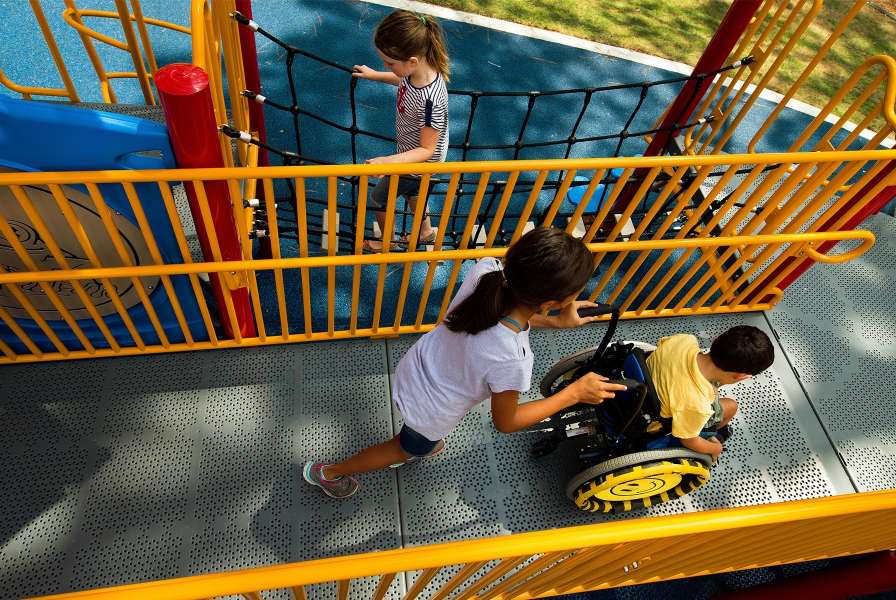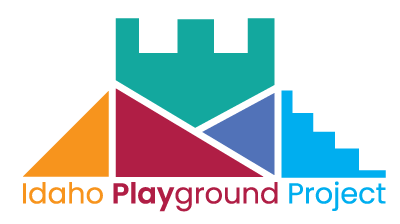



Adaptive playgrounds are playgrounds that are designed to be inclusive and accessible for children of all abilities. They feature equipment that allow children with varied abilities to play and engage in physical activity alongside their peers. Adaptive playgrounds are important because they provide children of all abilities the opportunity to participate in the same recreational activities as their peers, promoting socialization and inclusion. Additionally, adaptive playgrounds can also help to improve the physical, cognitive, and emotional development of all children. It allows them to build confidence, self-esteem and independence. Adaptive playgrounds are an important aspect of creating inclusive and equitable communities.


More than fun and games
Playgrounds are important at elementary schools for a variety of reasons. One of the main reasons is that they provide children with an opportunity to engage in physical activity during recess and other break times. Regular physical activity is essential for children’s overall health and well-being, as it helps to maintain a healthy weight and reduce the risk of chronic diseases such as obesity, diabetes, and heart disease. Additionally, playgrounds can also help to improve children’s cognitive development and creativity as they provide opportunities for imaginative play and social interaction with their peers.
Furthermore, playgrounds can also help to promote children’s social and emotional development. Playing with others allows children to develop important social skills such as cooperation, communication, and problem-solving. It also provides opportunities for children to learn how to share, take turns, and respect others. Moreover, playgrounds can also be a place for children to learn about their own emotions and how to regulate them.
Additionally, playgrounds can also serve as an important part of a school’s overall curriculum. Teachers can use playground equipment and games to teach children important concepts such as math, science, and social studies.
In summary, playgrounds are important at elementary schools because they provide children with an opportunity to engage in physical activity, improve cognitive development, promote social and emotional development, and serve as an important part of a school’s overall curriculum.
